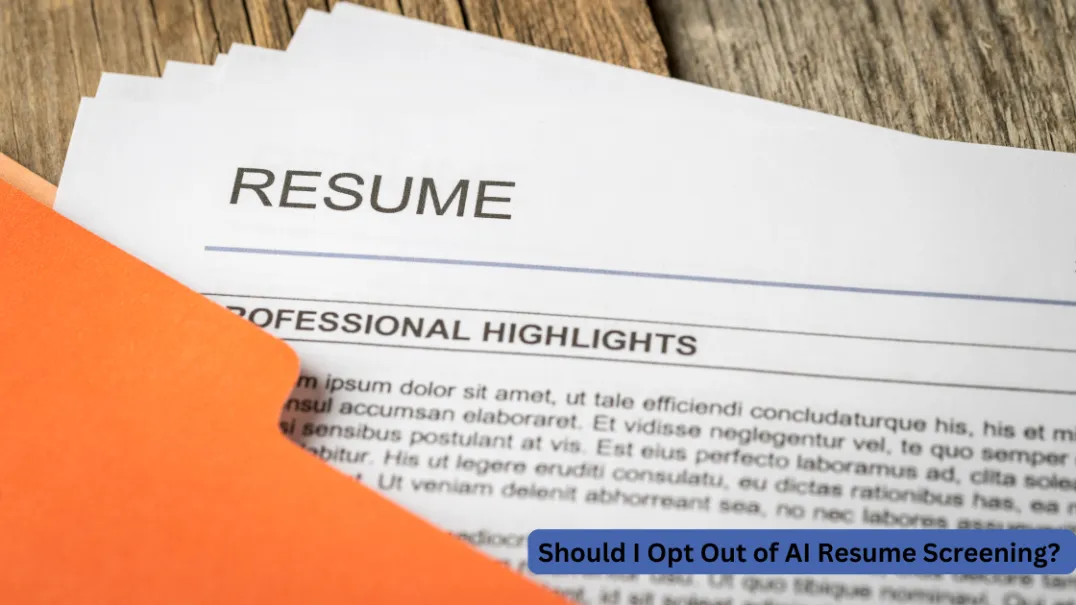If you decide to implement AI in your business or operational processes, whether for resume
screening or other applications, here are some best practices to ensure its effective and ethical
use:
1. Transparent Communication
Clearly inform candidates that AI is part of the screening process and how it affects their
application.
2. Regular Audits
Regularly audit and update the AI systems to address any biases and adapt to changing hiring
needs.
3. Hybrid Approaches
Consider using AI as a tool to aid human HR professionals rather than replace them, combining
the best of both human judgment and AI efficiency.
4. Clear Goals and Objectives
Define what you aim to achieve with AI, whether it's improving efficiency, enhancing accuracy,
or providing deeper insights. Clear objectives help guide the development and implementation
process.
5. Data Integrity
Ensure that the data used to train and operate AI systems is accurate, diverse, and
representative of all relevant scenarios. Regularly update and review the data to avoid biases
and maintain relevance.
6. Transparency
Be transparent about the use of AI, especially when it affects customers or employees. Explain
how the AI works and what data it uses, which can help build trust and acceptance.
Read More:
Resume
Writing Tips for College Students in 2024
7. Ethical Considerations
Address ethical concerns proactively. This includes ensuring privacy, securing data, and
preventing biases in AI algorithms. Establish ethical guidelines for AI use in your
organization.
8. Human Oversight
Keep human oversight as a core component of AI implementations. Humans should review and verify
AI decisions, particularly in critical areas like recruitment, medical diagnoses, or financial
assessments.
9. Compliance with Regulations
Stay informed about and comply with local and international regulations concerning AI, including
those related to data protection, privacy, and employment.
10. Continuous Learning and Improvement
AI systems are not set-and-forget tools. They require continuous training and refinement to
adapt to new data and changing conditions. Regularly evaluate the performance and impact of your
AI systems.
11. Integration with Existing Systems
Ensure that AI tools integrate smoothly with your existing IT infrastructure. Proper integration
enhances functionality and user experience without disrupting existing workflows.
12. Training and Support
Provide training for all end-users and stakeholders to understand and effectively interact with
AI systems. Support should be readily available to address any issues that arise during use.
13. Scalability and Flexibility
Design AI systems to be scalable and flexible so they can grow and adapt to your organization's
evolving needs. This includes being able to handle increased loads and integrating new
functionalities over time.
14. Testing and Validation
Before full-scale implementation, rigorously test AI systems in controlled environments to
validate their functionality and accuracy. Regularly revisit testing to ensure ongoing
reliability.




